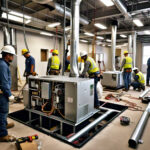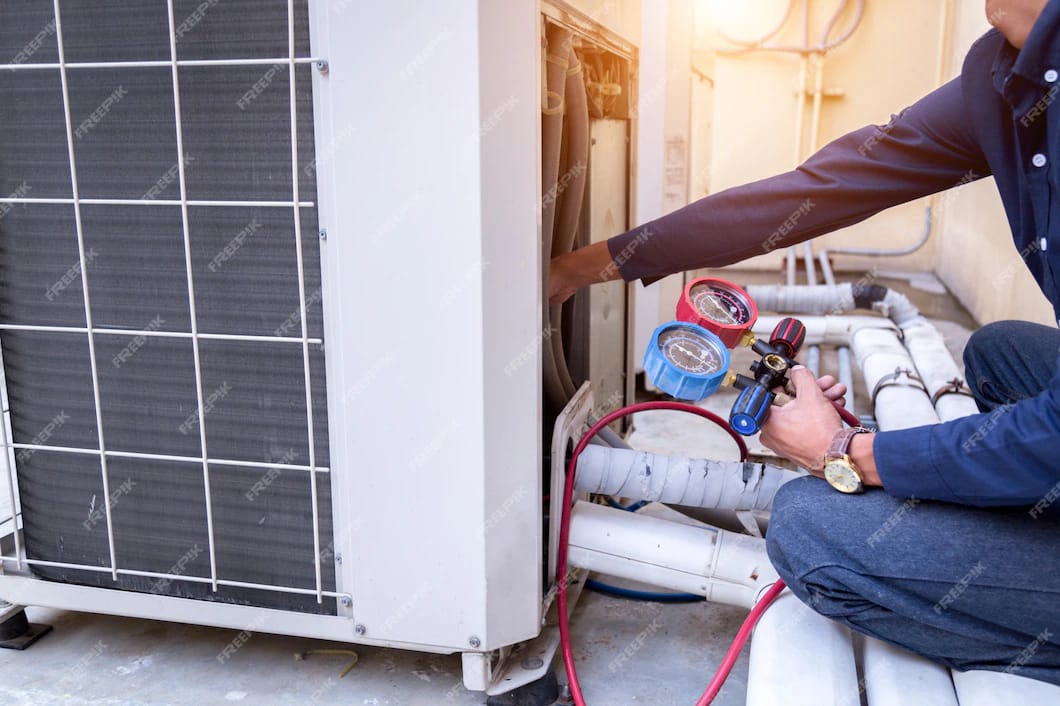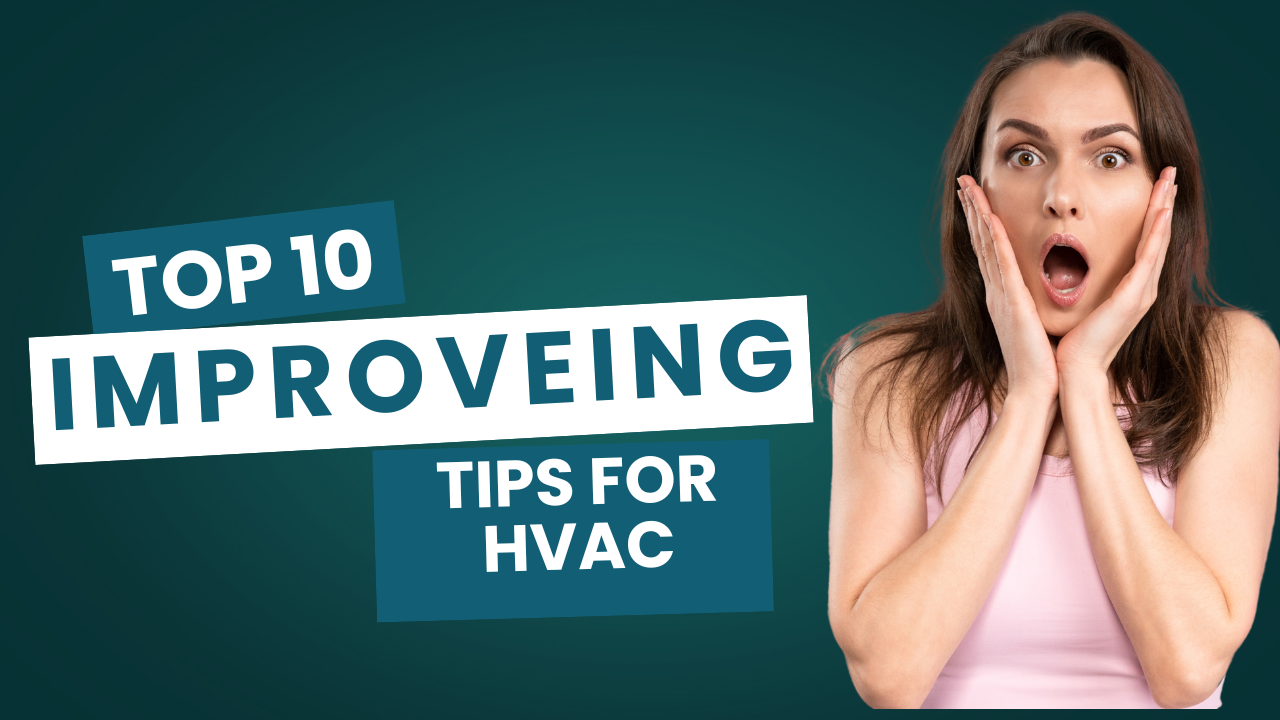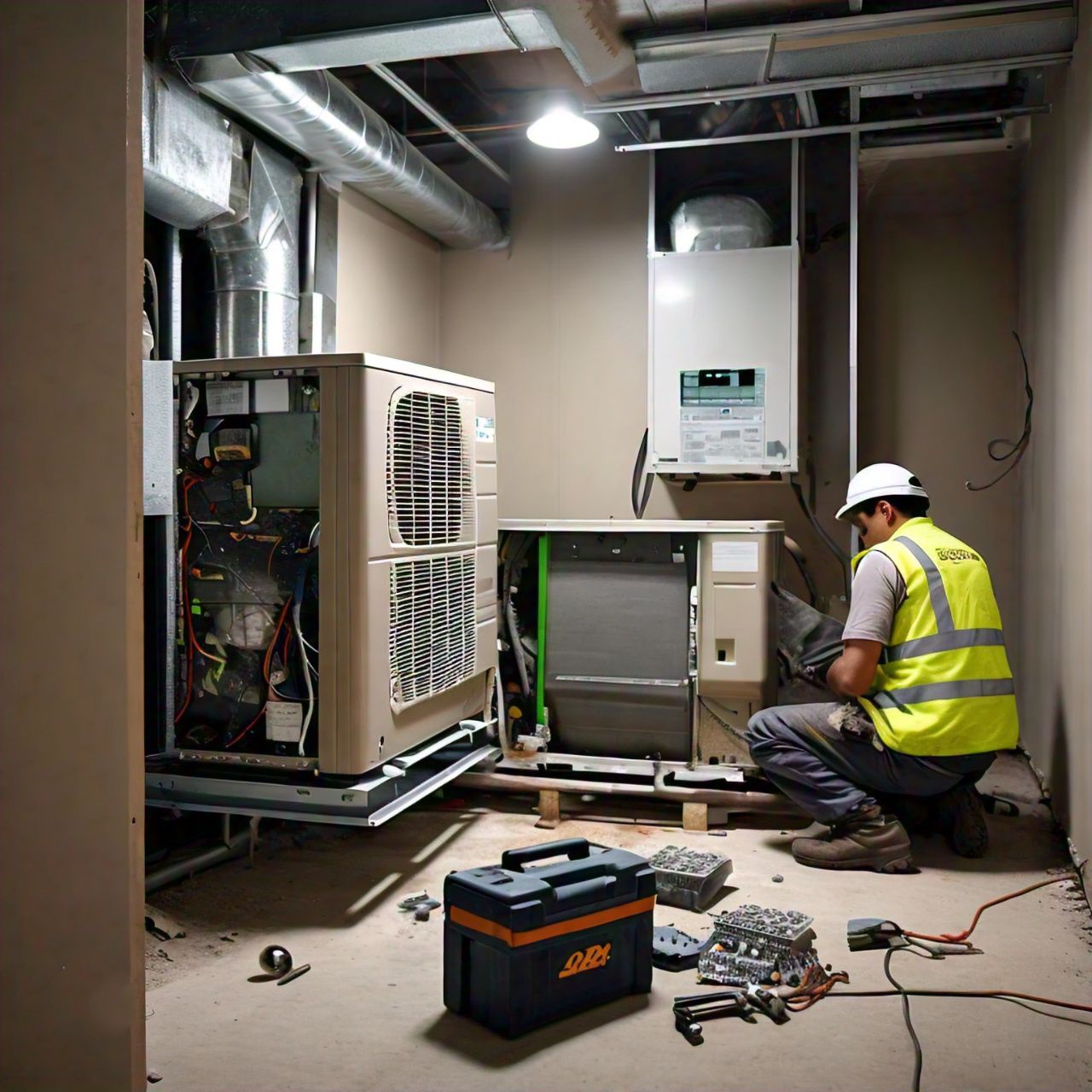The Importance of Regular HVAC Maintenance
Regular HVAC maintenance is crucial for ensuring the efficiency and longevity of your heating, ventilation, and air conditioning systems. By scheduling routine inspections, you can prevent costly breakdowns and maintain optimal indoor air quality. Essential maintenance tasks include changing air filters every 1-3 months, cleaning coils and ducts, and checking refrigerant levels. Additionally, it’s important to inspect and tighten electrical connections, lubricate moving parts, and calibrate thermostats. These steps not only enhance system performance but also contribute to energy savings and a comfortable living environment. For more detailed guidelines, visit Energy.gov or check out EPA’s tips.
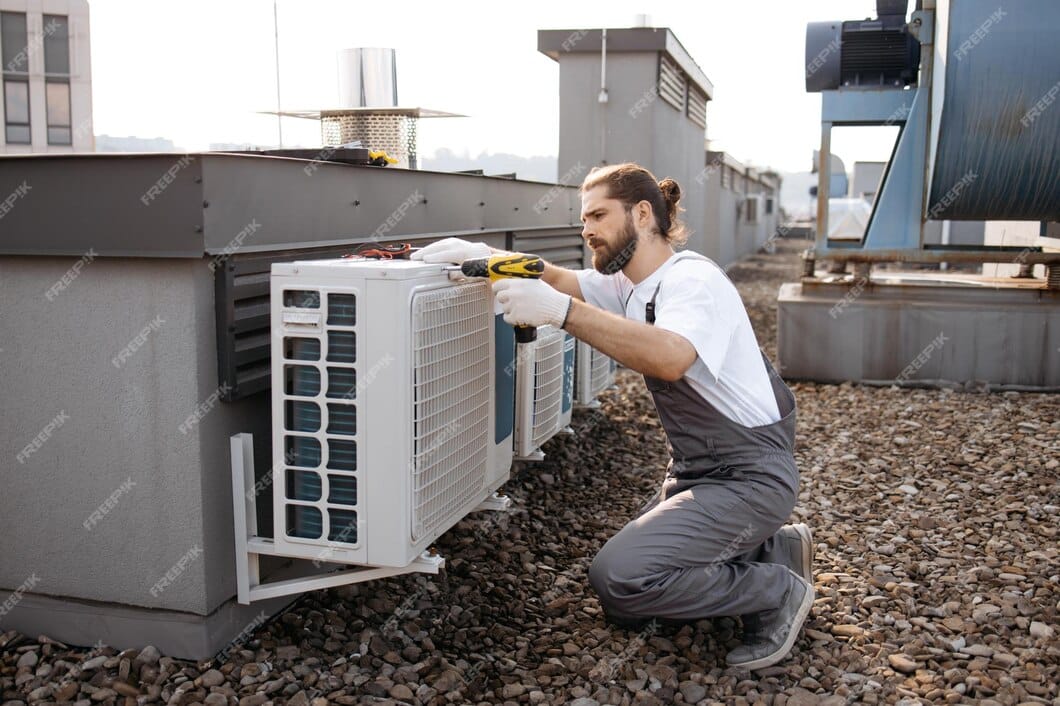
Proper HVAC maintenance is crucial for ensuring system efficiency, longevity, and indoor comfort. Regularly scheduled check-ups can prevent unexpected breakdowns and costly repairs. Key tasks include replacing or cleaning filters monthly, inspecting and cleaning coils to maintain optimal heat exchange, and checking refrigerant levels to ensure efficient cooling. It’s also important to examine and clean the blower assembly, lubricate moving parts, and inspect electrical connections for safety and performance. Implementing a preventive maintenance plan can reduce energy costs by up to 15% and extend the life of your HVAC system. For detailed guidance on HVAC maintenance, visit Energy.gov.
For homeowners looking to perform basic maintenance, it’s advisable to start with simple tasks like checking the thermostat settings and ensuring proper airflow by keeping vents unobstructed. Regularly inspecting and cleaning the outdoor unit, including removing debris and trimming surrounding vegetation, can improve system efficiency. Advanced maintenance tasks, such as checking for duct leaks and testing system controls, may require professional assistance. For a comprehensive maintenance checklist, refer to EPA’s guide.
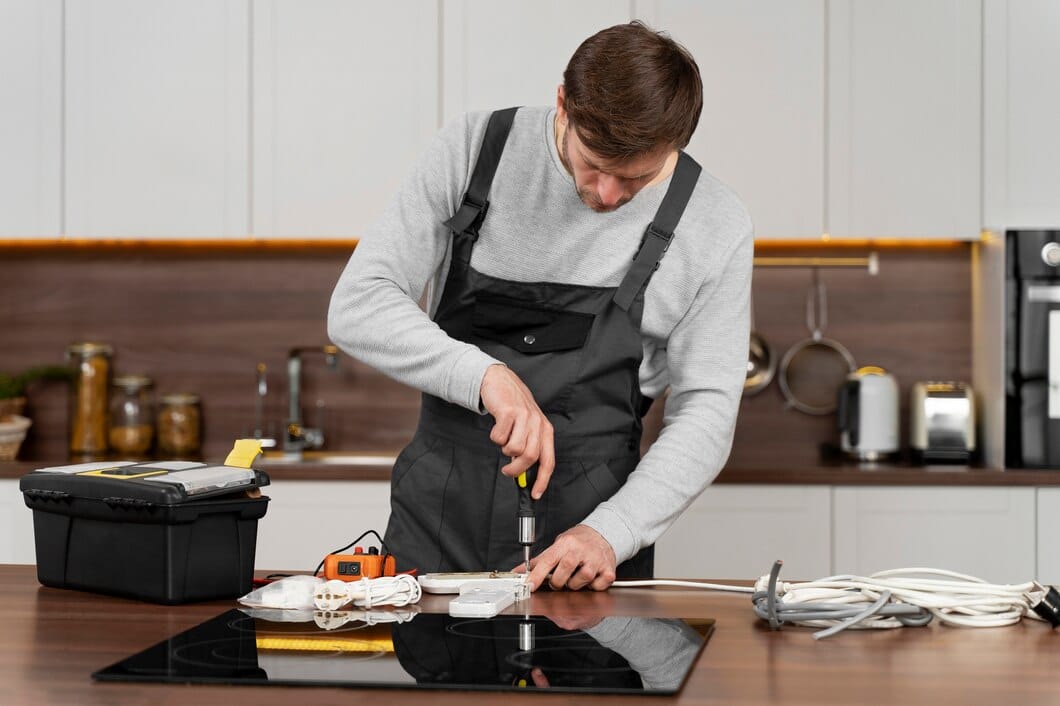
Additionally, understanding the importance of seasonal maintenance can help in preparing your HVAC system for peak performance during extreme weather conditions. Before the summer heat or winter chill sets in, having a professional inspect and tune up the system can ensure reliability and comfort throughout the season. Proper maintenance not only enhances performance but also improves indoor air quality by reducing dust, allergens, and other pollutants. Learn more about seasonal HVAC maintenance at HVAC.com.
Maintaining your HVAC (Heating, Ventilation, and Air Conditioning) system is essential for ensuring optimal performance and longevity. Regular HVAC maintenance can save you money, improve air quality, and increase comfort in your home. Here’s why you should make HVAC maintenance a priority and some key steps involved.
Benefits of Regular HVAC Maintenance
- Energy Efficiency: Regular maintenance helps keep your HVAC system running efficiently, reducing energy consumption and lowering utility bills. Clean filters and well-maintained components ensure that your system doesn’t have to work harder than necessary.
- Extended Lifespan: Just like any other mechanical system, your HVAC unit will last longer if it is well-maintained. Regular check-ups can prevent major breakdowns and extend the lifespan of your system.
- Improved Air Quality: Clean filters and ducts mean cleaner air circulating throughout your home. This is especially important for people with allergies or respiratory issues.
- Cost Savings: Preventative maintenance can catch small issues before they become major, expensive repairs. This proactive approach saves money in the long run.
- Enhanced Comfort: A well-maintained HVAC system will provide more consistent heating and cooling, ensuring a comfortable environment in your home year-round.
Key Steps in HVAC Maintenance
Maintaining your HVAC system is crucial for ensuring its efficiency and longevity. One of the most straightforward yet impactful maintenance tasks is to replace or clean the air filters every 1-3 months. Dirty filters can restrict airflow, causing the system to work harder than necessary. Additionally, inspecting and cleaning the evaporator and condenser coils regularly is vital, as dirt accumulation can impede heat transfer and reduce system efficiency. Checking thermostat settings is also essential; make sure your thermostat is functioning correctly and set to the desired temperature to ensure optimal comfort.
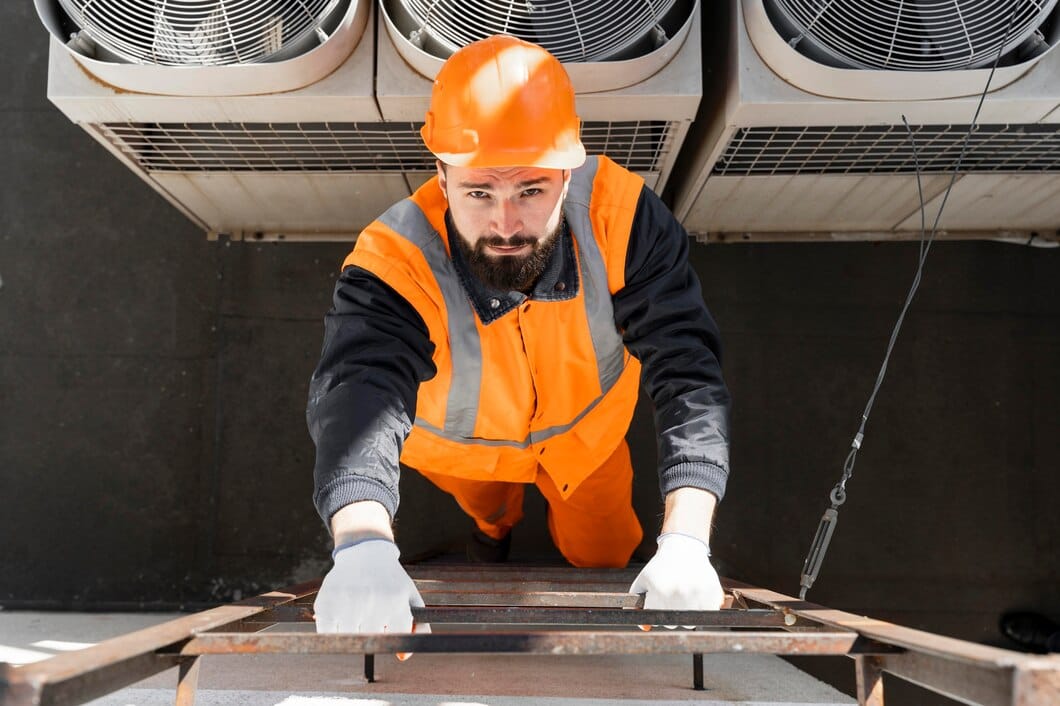
Inspecting electrical connections is another critical step, as loose or faulty connections can lead to unsafe operation and shorten the lifespan of major components. Regularly tightening these connections helps maintain safety and performance. Lubricating moving parts, such as motors and bearings, minimizes friction and prevents wear and tear, further extending the life of your system. Ensuring that condensate drains are clear is also crucial; blocked drains can lead to water damage and affect humidity levels, so they should be checked and cleared regularly.
Verifying that system controls are operating correctly is another important maintenance task. Ensuring the starting cycle, operation, and shutdown are functioning as they should helps avoid irregularities that could affect performance. Lastly, while many maintenance tasks can be handled by homeowners, scheduling professional inspections at least once a year is essential. Professionals can address complex issues and ensure the system operates efficiently, ultimately saving you from costly repairs and ensuring your HVAC system remains in top condition.

- Replace or Clean Air Filters: Dirty filters restrict airflow, making your system work harder. Replacing or cleaning filters every 1-3 months is one of the simplest yet most effective maintenance tasks.
- Inspect and Clean Coils: The evaporator and condenser coils can collect dirt over time, reducing efficiency. Regular cleaning helps maintain optimal heat transfer.
- Check Thermostat Settings: Ensure your thermostat is working correctly and set to the appropriate temperature for your comfort.
- Inspect Electrical Connections: Loose or faulty electrical connections can cause unsafe operation and reduce the lifespan of major components. Regular inspection and tightening of connections are essential.
- Lubricate Moving Parts: Proper lubrication reduces friction in motors and bearings, preventing wear and tear.
- Clear Condensate Drains: Blocked drains can cause water damage and affect humidity levels. Regularly checking and clearing condensate drains is crucial.
- Check System Controls: Ensure that the starting cycle, operation, and shutdown of the system are working correctly to avoid any irregularities.
- Schedule Professional Inspections: While homeowners can perform many maintenance tasks, scheduling professional inspections at least once a year ensures that any complex issues are addressed by experts.
DIY vs. Professional Maintenance
While some maintenance tasks can be handled by homeowners, others require professional expertise. A professional HVAC technician can provide a thorough inspection and address issues that may not be visible to the untrained eye. Regular professional maintenance can provide peace of mind and ensure that your system is running at peak efficiency.

When it comes to HVAC maintenance, there are tasks that homeowners can handle themselves and those best left to professionals. DIY maintenance includes simple tasks such as replacing or cleaning air filters, checking thermostat settings, and clearing condensate drains. These tasks are straightforward and can significantly improve system efficiency and longevity without requiring specialized tools or expertise.
On the other hand, professional maintenance involves more complex procedures like inspecting and cleaning coils, checking electrical connections, lubricating moving parts, and performing comprehensive system controls checks. Professionals have the necessary training, experience, and equipment to carry out these tasks effectively, ensuring that your HVAC system operates safely and efficiently. Additionally, a professional inspection at least once a year can identify and address potential issues before they escalate into costly repairs or system failures, providing peace of mind and extending the lifespan of your HVAC system.
Conclusion
Regular HVAC maintenance is a small investment that can yield significant returns in terms of energy savings, system longevity, and overall comfort. By following a maintenance schedule and enlisting the help of professionals when needed, you can keep your HVAC system in top condition and enjoy a comfortable home environment year-round.
For more information on HVAC maintenance, check out these resources:
Regular maintenance is the key to a reliable and efficient HVAC system. Don’t wait until there’s a problem, start your maintenance routine today!






